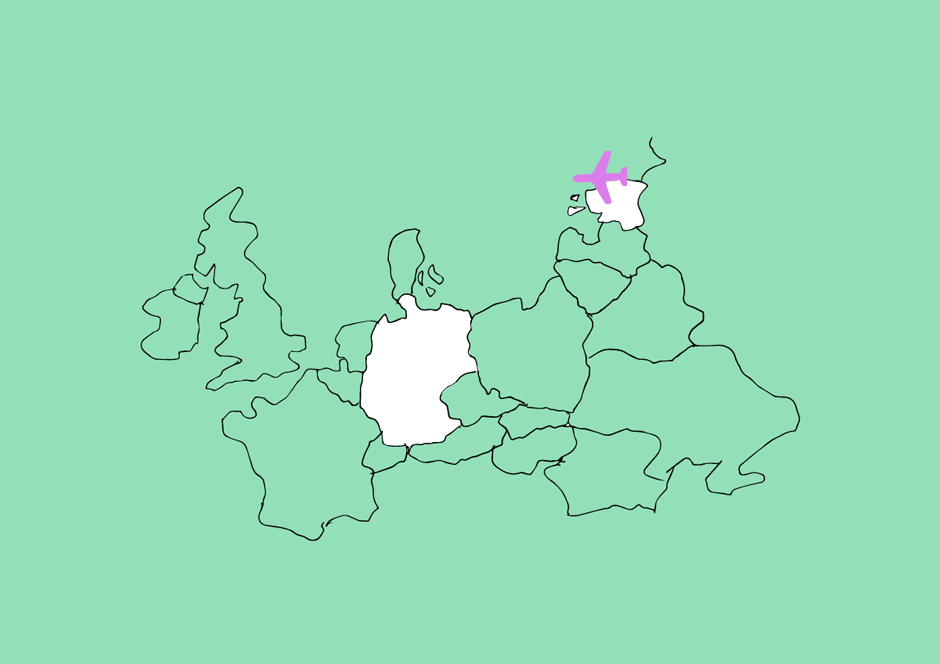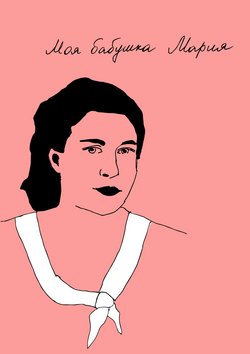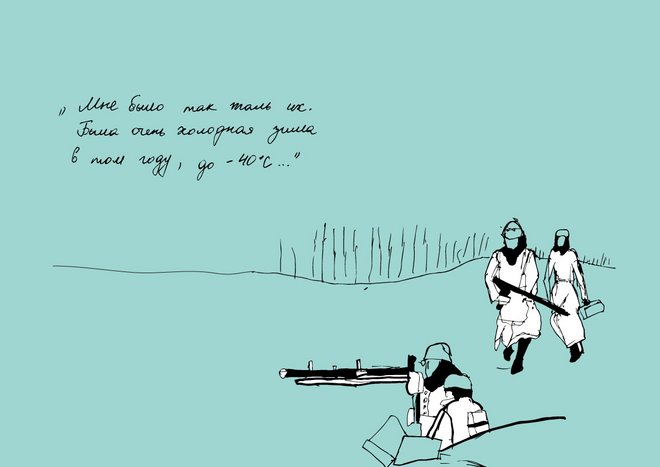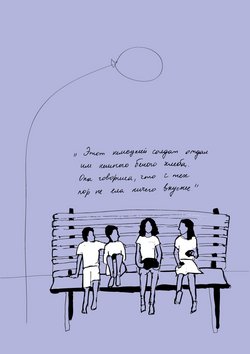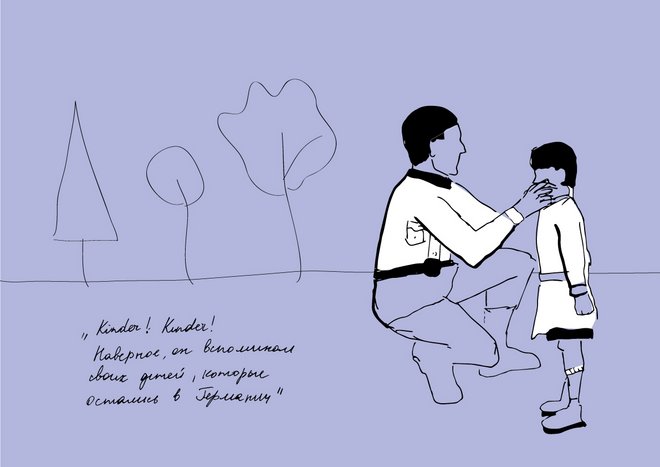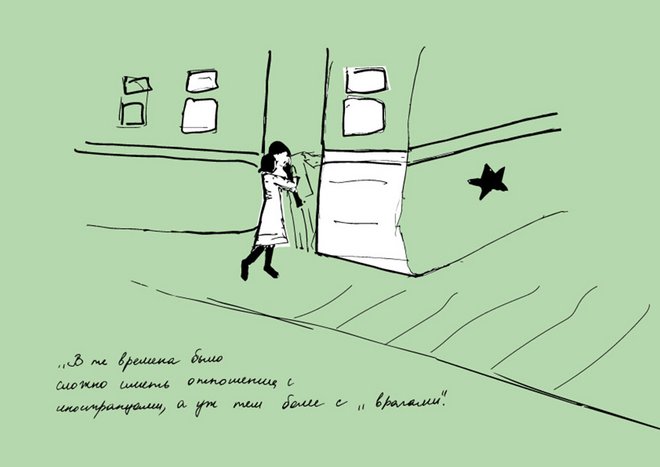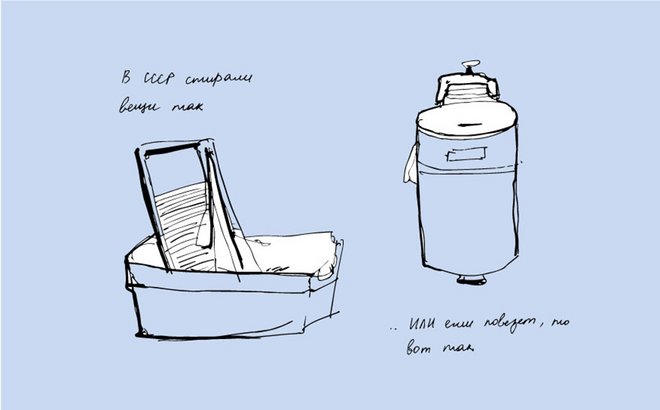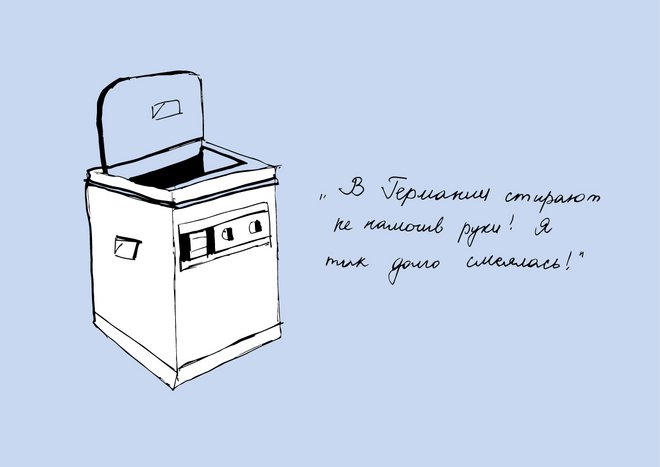edited by Erik Duncan
Why Germany?
I can’t really recall when the idea of coming to Germany appeared in my head. Perhaps it was during my exchange year in Spain, where I became friends with many Germans. Or maybe it was the affordable education – or because I wanted to know what life in the “real west” was like, after having lived in Eastern and Southern Europe. All I know is that I never had a bad image of Germany. In school we learned about the Nazi’s and all the bad things they did to Europe. Even after having visited two concentration camps and coming from a country that opposed Germany in the war with a family that fought and died against them, I never felt bad things about Germany. I think this is because of my grandmother.
Maria
My grandmother was 11 when the Great Patriotic War (Eastern Front of WW2) started. At that time she lived with her family in a small village in Voronezh Oblast (south from Moscow, near the border with Eastern Ukraine). She lived all her life in the USSR; beginning in Russia, and later in the Estonian SSR. At this times people were not allowed to move freely outside the Union, which lead to many prejudices about other cultures and nations.
Ever since I was little, I loved hearing her stories about life during the war. It is fascinating how a relatively uneducated person from one of the most repressive and closed off countries in the world could see through the image of how Germany was portrayed by the USSR. Due to these reasons I decided to interview her. The stories are very simple, but recall her experiences in the war and afterwards. They help show how she could maintain a contrary opinion of the Germans and maintain a more open mind.
Evil nation?
So what did you think back then about Germany and germans?
But what about Germans, hmm. We knew they were warriors and they enslaved the whole world. We were told Germany was an evil nation. Although many thought that maybe it was just Hitler who was the true evil one. He sent soldiers here, to Russia and they are the same as us… I felt pity for them. When they were defeated near Stalingrad, many were captured. Their commander, general Paulus surrendered and thereby saved lives of many Germans. And when they were returning from the battle, frostbitten and defeated, so many of them died. It was a bitter cold at this time in Russia, down to -40C. They had no special clothes or shoes, so they had to wrap straw and newspapers around their feet. Half of them died from the cold. So yes, we thought Hitler was the one to blame.
Lida
My friend Lida from Belarus said that when the Germans reached her village, they asked her family to free their own house to make a headquarters out of it. They had a decent house, 3 rooms or more. Her family made then an earth-house right in the garden to live in, and gave the house to the Germans. The commanders would leave it every day for some time, may be going to the battlefield, or somewhere for work. But one of the soldiers would stay. I think he was a communications officer or a translator. They didn’t take him, because there had to be someone to guard the headquarters. When everyone left, he would run to the earth-house and invite Lida’s family to the house. He would turn the radio on, so they could learn what was happening on the battlefield. He would secretly give them some white bread and sugar, sometimes three loafs of bread. Sometimes one. It was so tasty, she said she hasn’t tried anything tastier since then. Not even chocolate. Mom would give them a small piece every day and hide the rest somewhere in the basement. Maybe that saved the whole family’s lives from starvation. If the commanders ever knew that, they would kill the soldier immediately.
And there were other German soldiers coming to the house from time to time. When they came once, one of them saw a Russian child. He came to him, stroked his hair and said »Kinder! Kinder!«. He was remembering his own children left in Germany.
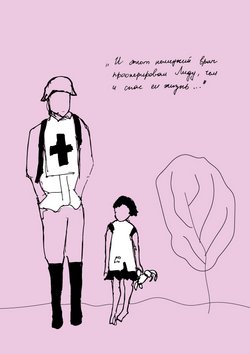
Lida had problems with her lymph nodes. It choked her, she couldn’t even breath. This German doctor checked Lida and operated on her. He saved her life. I am not sure why he did that. May be because he felt guilty for occupying her family’s house, may be because he was a german-russian translator, and could understand what russians felt…
Prisoners of war
There were war prisoners here in Jõhvi (town in Estonia, where i moved later). Those people were bonded, working at the mine. They were very nice and friendly people; young, and beautiful. They even had their own dentists and orchestra! Locals treated them well. Many women here fell in love with these soldiers. (You would also if you met them)
German soldiers were not able to stay here after the war of course. Some might have already had families back in Germany, some might have promised local girls to come back, but at those times you were not allowed to have relations with a foreigner, especially with an enemy.
Bad germans
Was everyone as perfect as you say?
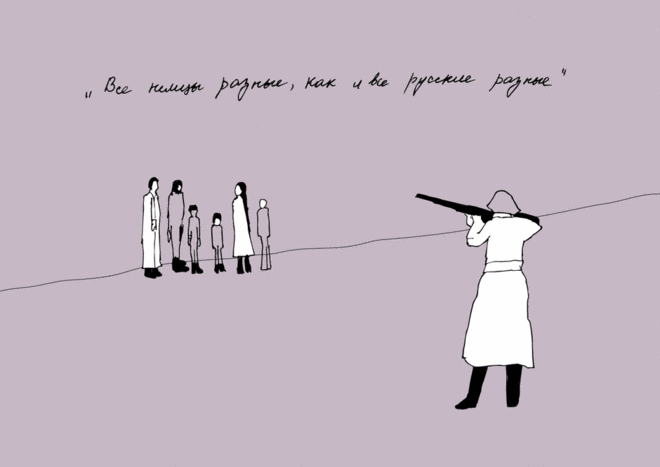
Of course, not everyone was so nice. Some of the soldiers would lock people in in woodsheds and burn them alive when retreating. People would shout for help, but no one could help them. Other times, the soldiers would expel all of a family onto the street and execute them all.
Others would not do anything, just run away and leave everything as it was.
All the germans are different, as well as all the russians are different…
Washing with hands
My neighbor’s sister went to live to Germany. She met a german soldier here in Estonia, and when their army retreated, he took her to his homeland.
My neighbour was not allowed to visit her sister in Germany for some time, but when the politics of USSR became a bit more free, she finally went. I was very curious about her trip and when she came back I immediately asked her how it went. “Oh! My sister lives so well!” she answered. “Life there is very nice! She is doing laundry without having her hands wet!” I was laughing so hard! It’s impossible! Is she stomping her clothes with her feet? We could never imagine this machine existed.
Tourists
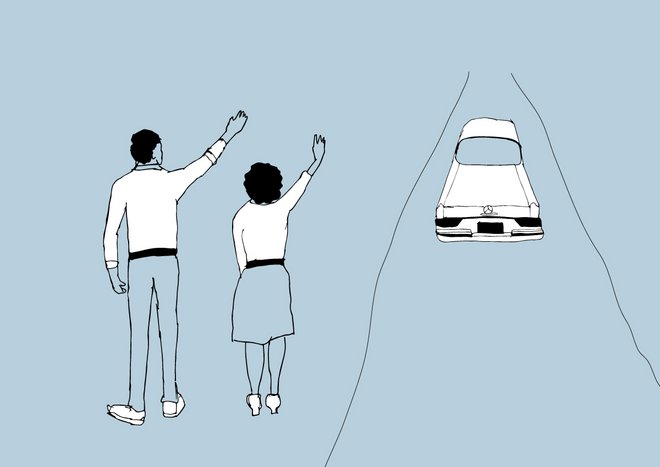
It was the beginning of 60-s. Me and my husband were on vacation in a small town located on the Finnish gulf. One day we were walking in the centre and saw a car with a foreign numberplate. People in this car were looking for directions, but no one could understand them. Locals tried english, french, something else, but it didn’t work. And then Vanja (my husband) tried to speak to them in German. It turned out they were from the West Germany. He explained them the way to the closeby city. These germans were so happy, they gave us a box of chocolate. When they left, we were running after them and waving :)
Oh, germans were able to travel at those time, but we couldn’t...
Germany is a cool country
Would you like me to stay in Germany?
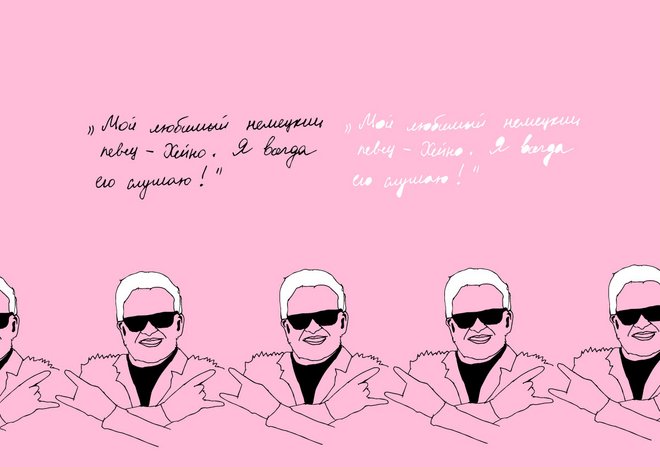
I think Germany is a highly educated and cultural country. People are nice there. My favourite german singer is Heino. I always listen to him! I really love german songs. I think, if you have an opportunity, you should definitely try to live for some time there. I wish I could. Can’t compare it to any ex-soviet countries or United States. I mean, US is not a bad country either, but still I would prefer Germany. And it’s also closer.
P.S. Oh, just remembered. They also have very tasty food. Like the german Wurst, or the toppings.

My own view
I’ve been living in Germany for 1,5 years now and I don’t regret this choice so far. Yes, life here can be tough sometimes. But I am glad that my grandmother taught me that I shouldn’t judge the whole nation by its individuals.
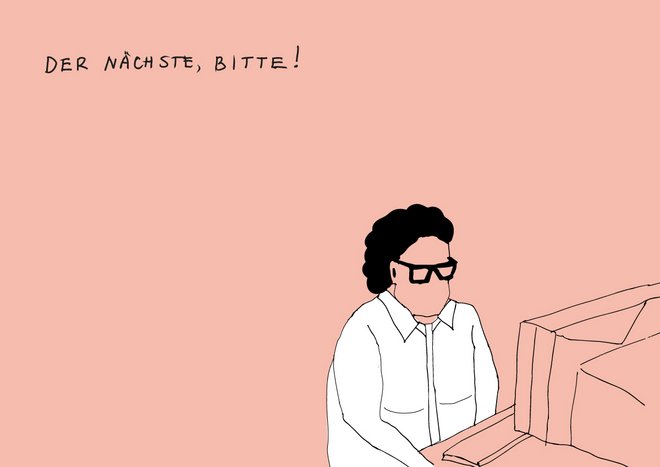
What I know for sure, is that a country where people can express freely their nationality, religion and political views, can become my home.

Biography
My name is Tatyana Sagitova, I was born and raised in Estonia, but my family comes from different parts of ex-USSR. Since I haven’t had my own real home country, I travelled and explored several other countries. I am currently doing my master degree in Media Art&Design in the Bauhaus University Weimar in Germany.
My home country is at the same similar and different to Germany (in a good as well as in a bad way), so I can’t say yet if I want to stay here after I finish my studies.
If I had to leave Germany, I would miss the diversity of people living here and the possibility to freely express it.

